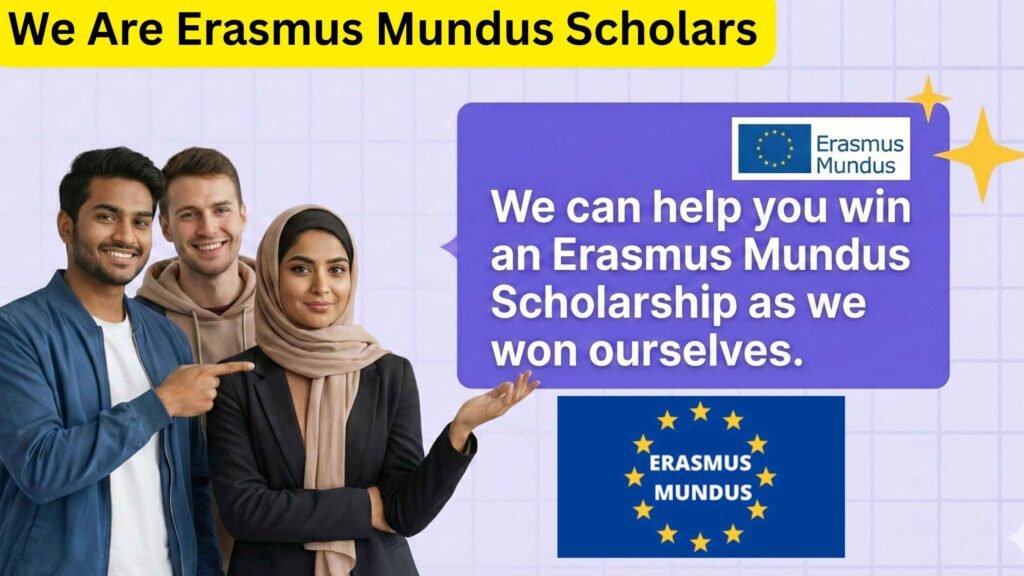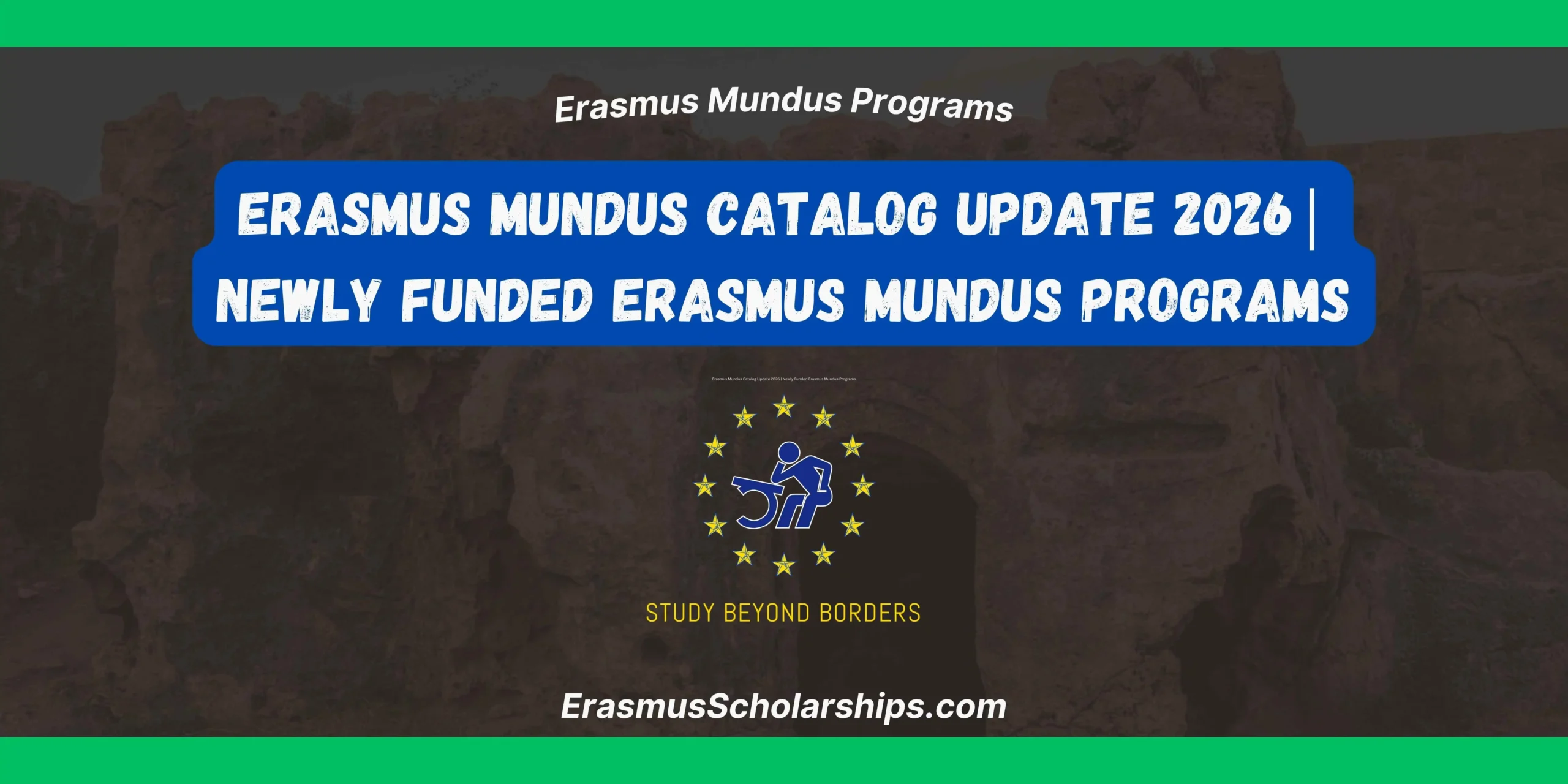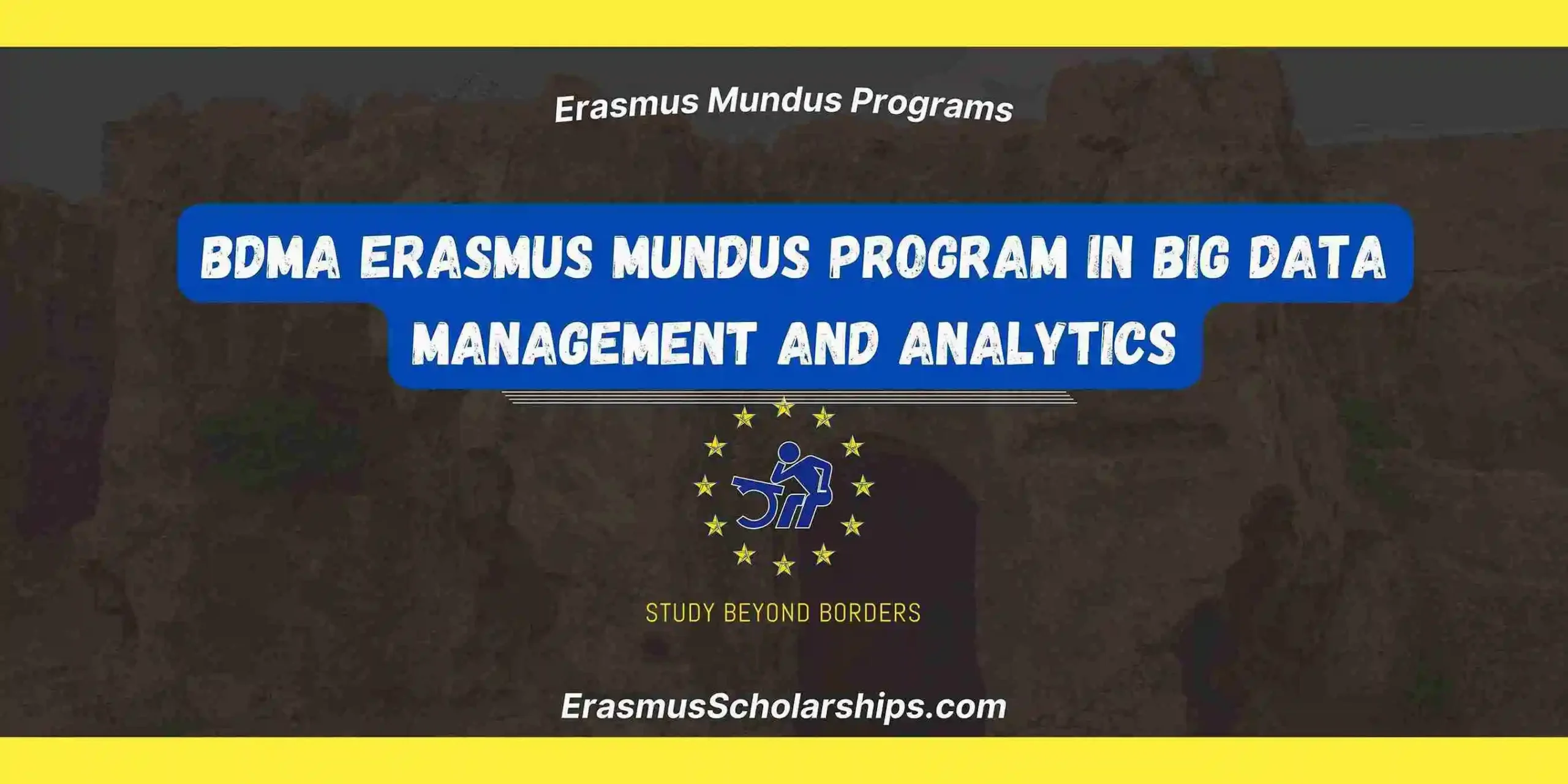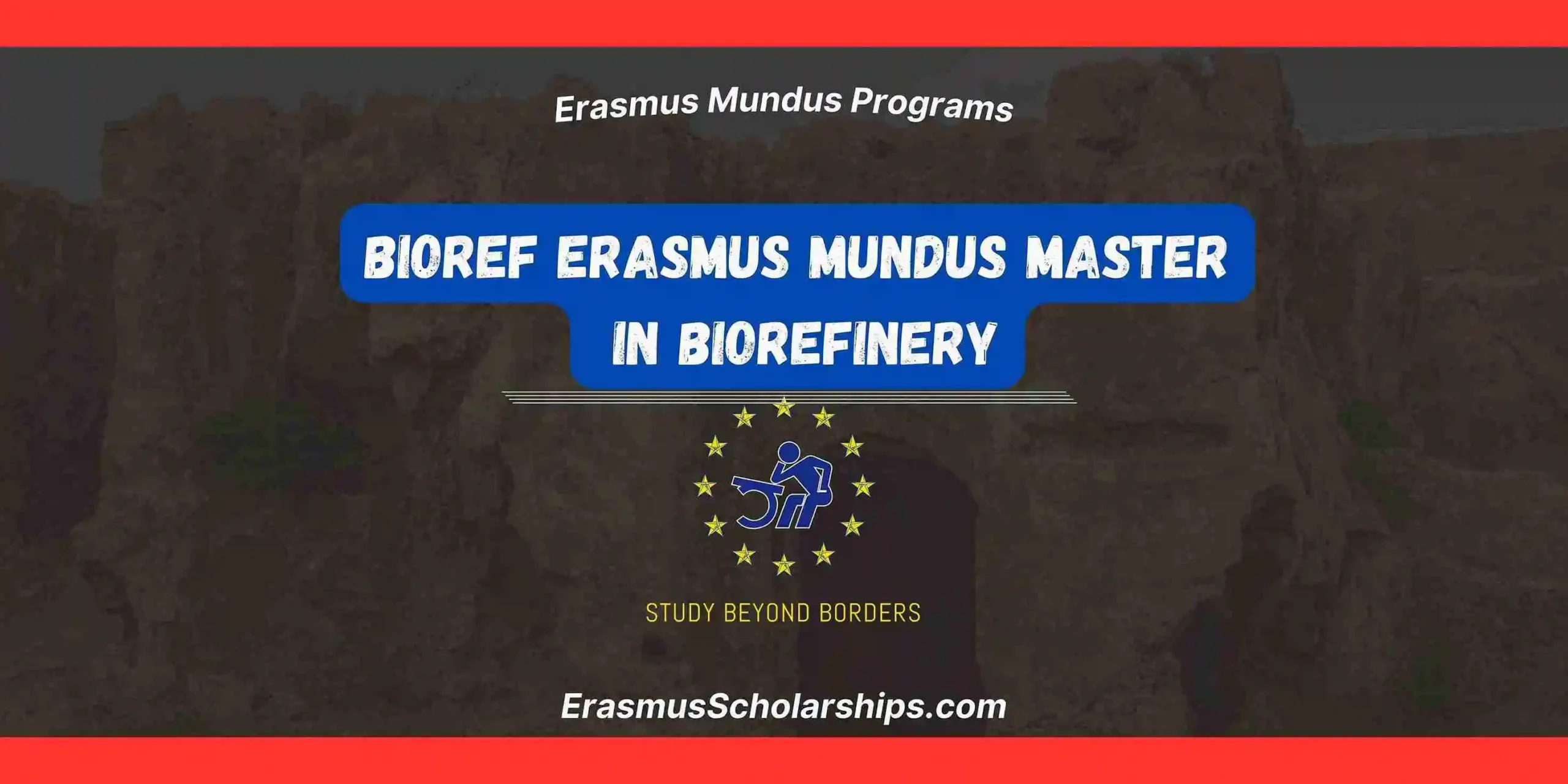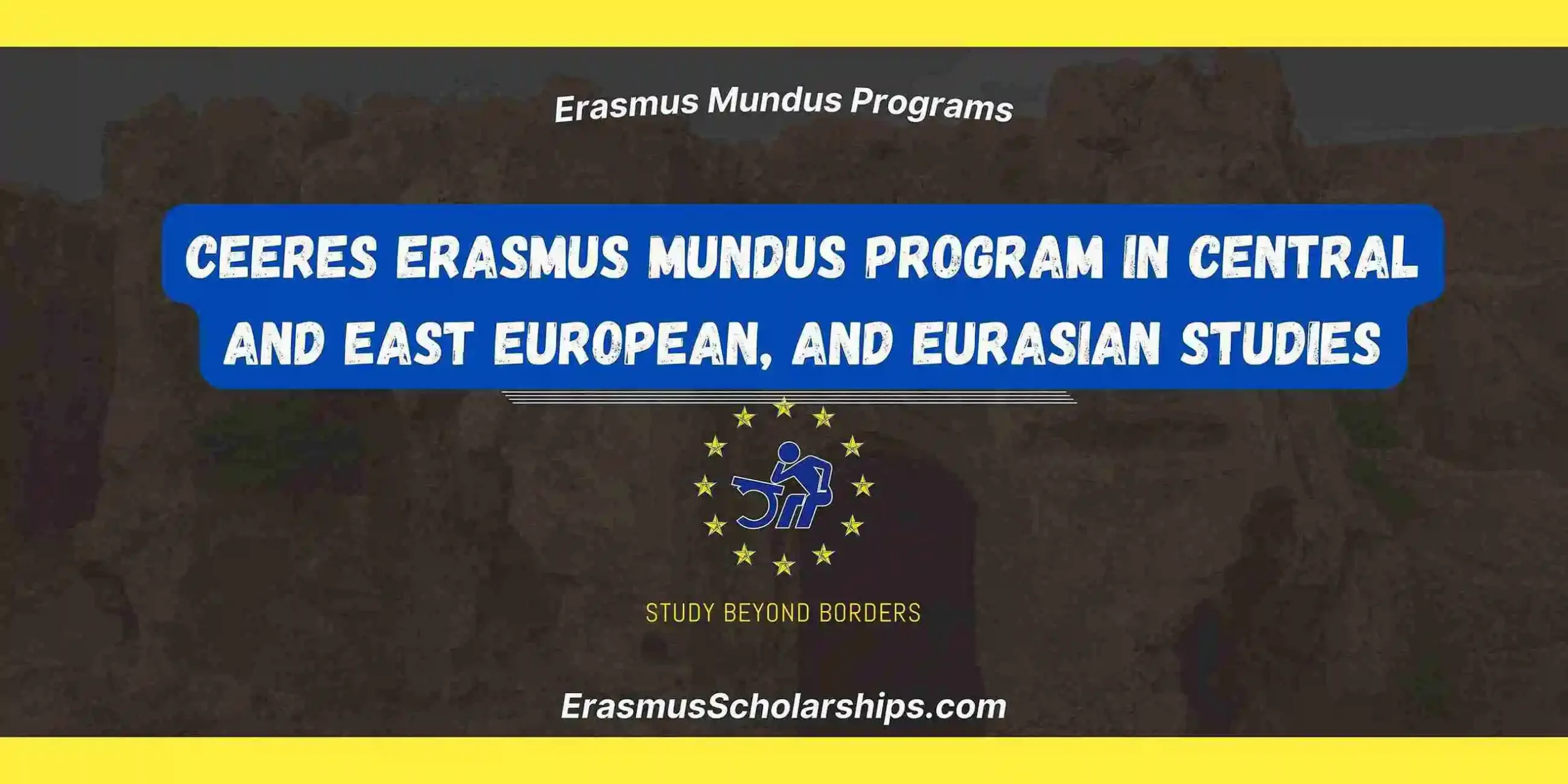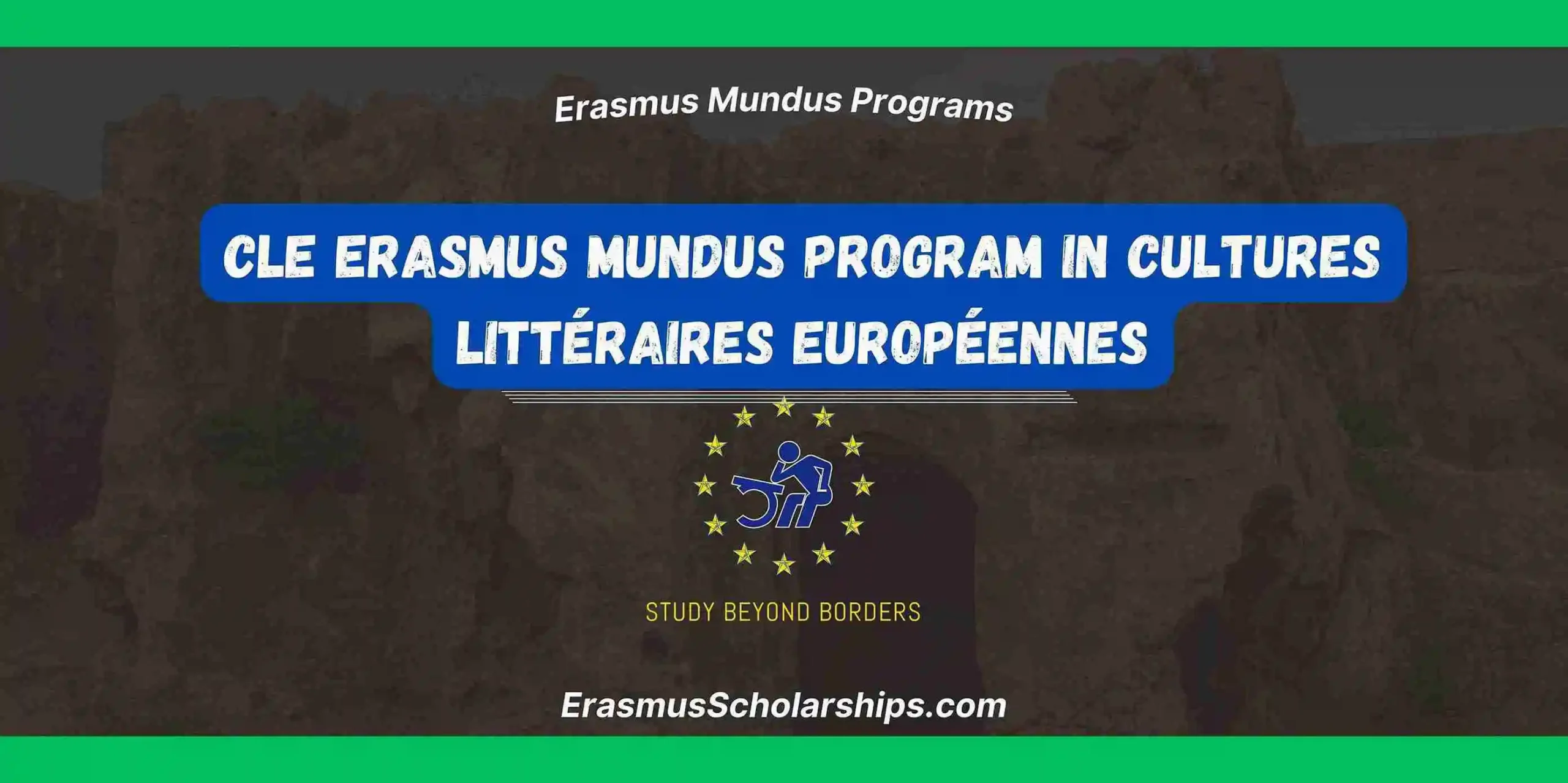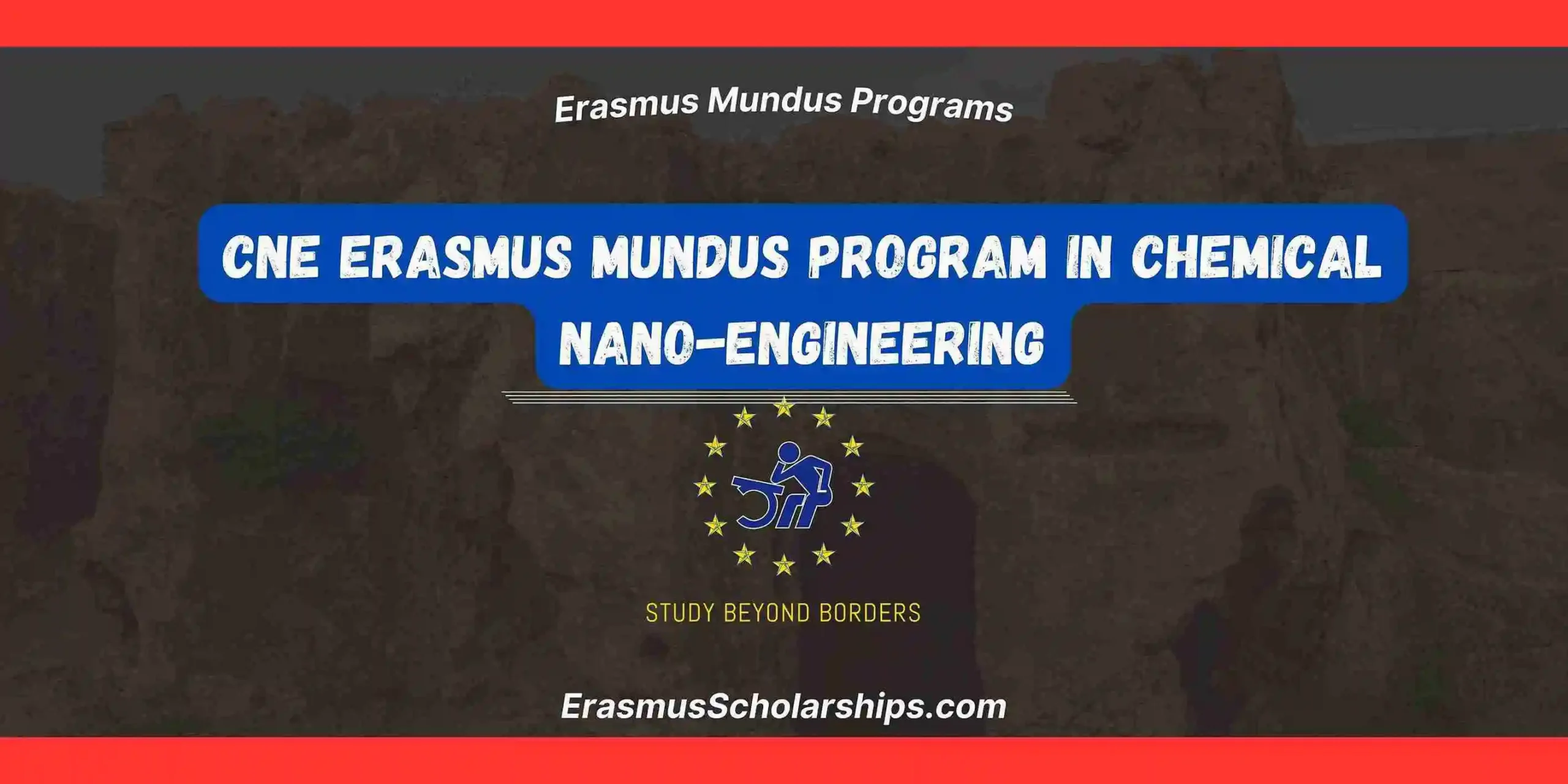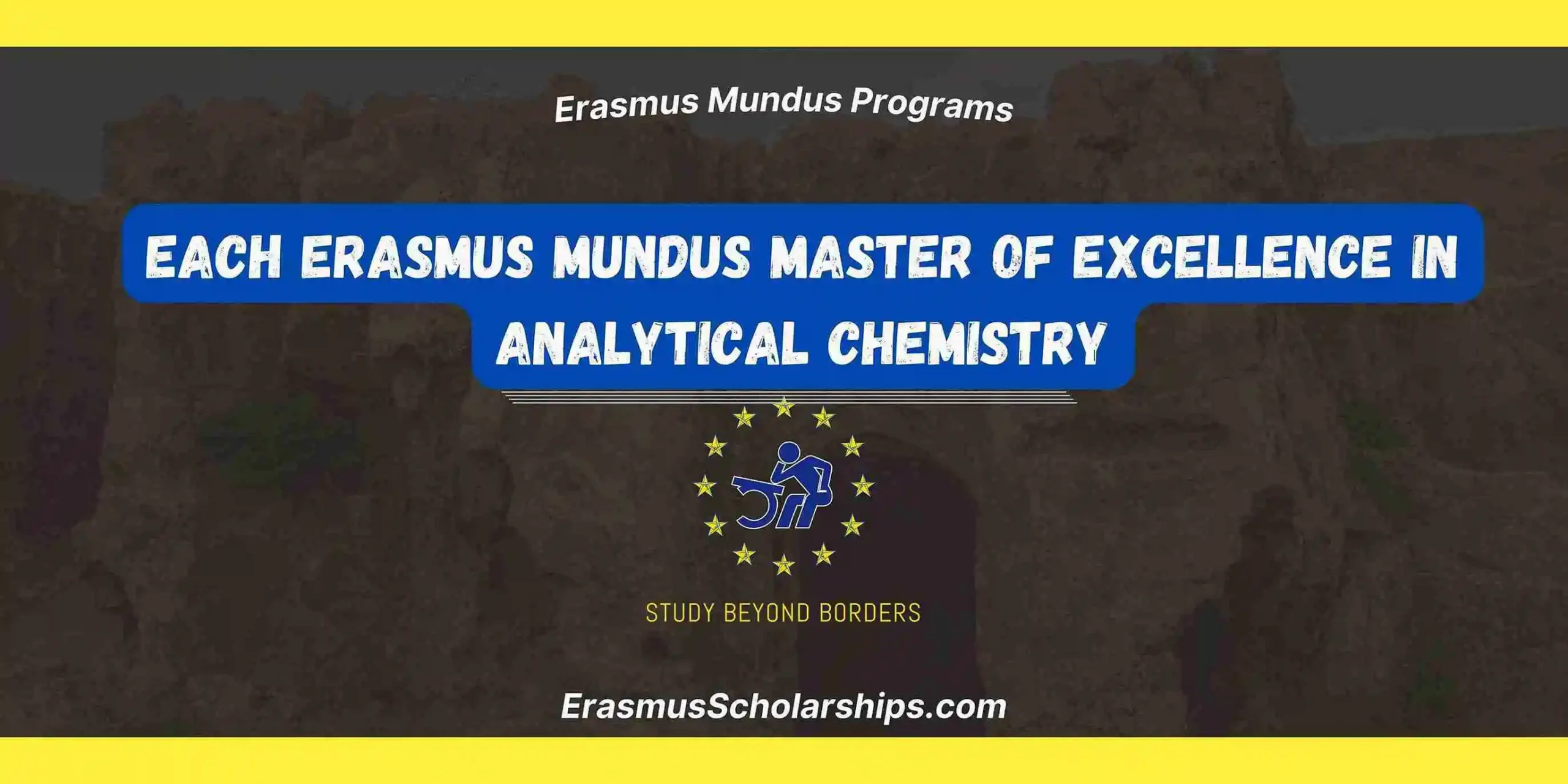The IMRD Erasmus Mundus is a two-year (120 ECTS) Master of Science programme designed to equip future leaders in rural development with the tools to tackle socio-economic and agricultural challenges. Through a multidisciplinary approach combining technical and social sciences, students gain a global outlook, learning from comparative models across EU and non-EU contexts. The programme emphasizes mobility, intercultural fluency, and hands-on experience, setting you up to make an impact wherever rural communities evolve.
At its core, the IMRD Erasmus Mundus fosters an international network by rotating students across multiple universities and embedding them in diverse cultural and academic environments. It starts each September at Ghent University with a preparatory course and unfolds in five structured modules, with a case study, optional internship, and concluding with a dissertation, building your expertise and research rigor.
Project Status
- Status: Ongoing
- Start date 23-09-2019
- End date 22-09-2025
- Action Type: Erasmus Mundus Joint Master
- Universities Involved
- Countries Involved
The IMRD Erasmus Mundus program is a Master’s in Rural Development offered by leading European universities.
| Ghent University |
| University of Córdoba |
| Agrocampus Ouest |
| University of Pisa |
| Slovak University of Agriculture in Nitra |
| Humboldt University of Berlin |
| Belgium |
| Spain |
| France |
| Italy |
| Slovakia |
| Germany |
This cross-border collaboration allows students to gain an international perspective while studying and researching in the heart of Europe’s academic and industrial hubs.
Description of the IMRD Erasmus Mundus Program
The IMRD Erasmus Mundus program is a Master’s in Rural Development offered by leading European universities. It prepares students to address global challenges in agriculture and rural transformation through a multidisciplinary approach that combines technical and social sciences. The program emphasizes intercultural learning by requiring mobility across partner universities, giving students the chance to study rural development from diverse European and global perspectives. With a structured curriculum that includes advanced coursework, a field-based case study, and a final dissertation, the IMRD Erasmus Mundus equips graduates with both theoretical knowledge and practical experience.
Key Features of the IMRD Erasmus Mundus Program
- Mobility-rich curriculum: Mandatory study in at least two EU universities and possibly non-EU partners.
- Case Study Module: A practical, group-based project during summer (10 ECTS).
- Modular Structure: Five modules including entrance, advanced modules, case study, and dissertation.
- Flexible Internships: Optional, offering real-world exposure.
- Joint/Dual Degrees: Full IMRD (joint degree) and IMRD+ options (double degrees via Atlantis, Ekafree, EERUDEV tracks)
Mobility Tracks of the IMRD Erasmus Mundus Program
- Erasmus Mundus track: Standard track under Erasmus joint programme for joint degree.
- VLIR-UOS track: Additional scholarships for eligible countries.
- IMRD+ tracks:
Admission Requirements
- A bachelor’s degree (minimum three years, second class or equivalent).
- Academic training spanning at least two of: mathematics/statistics, agronomy/biology/environmental sciences, and social sciences/rural development. If lacking, experience or CV strength may compensate.
- English proficiency via TOEFL IBT 80 / PBT 550, IELTS 6.5, CEFR B2, or equivalent. Natives of English-instructed degree holders may be excused with proof.
How to Apply for the IMRD Erasmus Mundus Program
- Visit the official IMRD Erasmus Mundus website and open the Oasis application tool
- Register and complete the online application form
- Upload all required documents (motivation letter, CV, academic transcripts, proof of English proficiency, recommendation letters, proof of residence)
- Select your preferred track and indicate whether you are applying for the Erasmus Mundus scholarship or the self-funded option
- Submit your application before the relevant deadline.
Tips to Win the IMRD Erasmus Mundus Program
- Stand out academically: Pull high grades or compelling academic projects.
- Craft a passionate motivation letter aligning your goals with the programme’s strengths.
- Highlight your profile beyond grades: global engagement, volunteer work, leadership, interdisciplinary skills.
- Reach out to alumni for insider perspective and tips.
Application Timeline
| Phase | Deadline |
|---|---|
| Application open | October |
| IMRD scholarship deadline | March |
| Visa-required deadline | April |
| EEA/non-scholarship deadline | June |
| Programme start | September |
Curriculum Structure of the IMRD Erasmus Mundus Program
- Semester 1: General entrance module (agricultural economics, development theories).
- Semester 2: Advanced Module I – specialization and electives.
- Summer: Mandatory Case Study (10 ECTS in Europe or non-EU).
- Semester 3: Advanced Module II leading into dissertation prep.
- Semester 4: Master dissertation (30 ECTS)—research, write, defend.
- Optional Internship tied to rural development professionally or academically.
Coordinator Contact
- general information: imrd@ugent.be
- information on applications: applications.itc@ugent.be
- information on student matters: students.itc@ugent.be
Alumni Feedback
Being on the Agrocampus Ouest Consortium scholarship is something I will always be grateful for as it has opened many doors for me to acquire innovative and life changing educational skills. Through the scholarship I have been able to study at various universities like Ghent University, University of Arkansas in the USA, Slovak University of Agriculture in Nitra, Slovakia and Agrocampus Ouest in France. IMRD has given me the opportunity to network and connect with innovators from all over the world and also allowed me to explore the European countries as well. Thank you for creating a safe space for the youths all over the world.
~Onabajo
Frequently Asked Questions (FAQs)
What is the IMRD Erasmus Mundus Program?
It’s a two-year Master’s in Rural Development jointly organised by European and global institutions under the Erasmus Mundus framework, leading to a joint or double degree.
Who can apply to the IMRD Erasmus Mundus Program?
Applicants with a relevant bachelor’s, background in the required fields, and English proficiency.
How competitive is the IMRD Erasmus Mundus Programme?
Very. Like other Erasmus Mundus programs, acceptance rates are low; strong motivation letters and profiles are vital.
Is mobility mandatory in the IMRD Erasmus Mundus Program?
Absolutely. Students must study at multiple EU partners and often at non-EU locations too, depending on the track
Does the IMRD Erasmus Mundus Program offer scholarships?
Yes, the IMRD Erasmus Mundus Programme provides Erasmus Mundus Joint Master (EMJM) scholarships that cover tuition fees, travel, installation costs, and a monthly living allowance. Other funding options like VLIR-UOS scholarships may also be available for eligible candidates.

